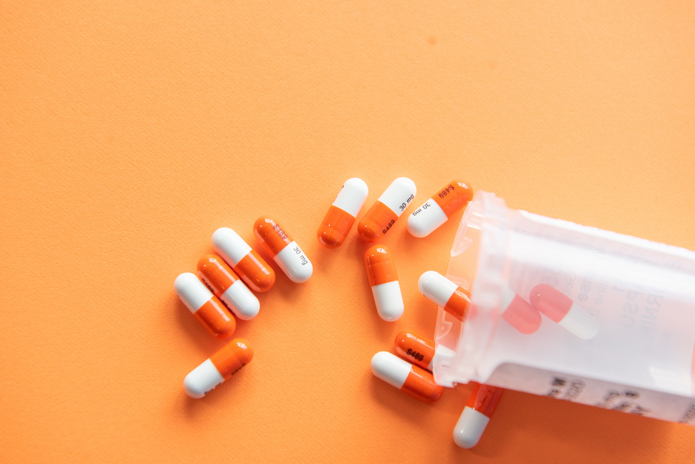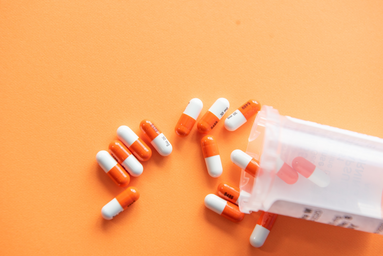TW: Addiction, drug use, overdose
Before we talk about drug use — the kind that society frowns upon — let us all reflect on our personal addictions. Caffeine. Social media. Nicotine. Alcohol. Sugar. Gambling.
None of these items are illegal, so when someone is addicted to them, it is never viewed as a moral downfall. In fact, it’s often laughed at or even commercialized — those god-awful ‘I can’t live without my coffee!’ t-shirts, or the moms who think that drinking wine to tolerate their children is a personality trait, so they wear it on every shirt they own. If society is going to deem addiction to, say, heroin, a moral wrongdoing — why is caffeine, or wine, deemed an acceptable drug to use? One could choose to use an illegal drug once, and if they are susceptible to addiction, they may fall into it. Some of those who speak on addiction often say, ‘they took the drug, they should have never tried it!’ Sure, there could be logic in this statement — but keeping the same standard for every drug is then necessary. How ridiculous would it be to say ‘they drank the coffee, they should have never tried it!’ Let’s not pretend that this is a perfect world where everyone makes perfect decisions. Has everyone not, at least once, made a poor choice? Poor choices should not equal an eternal sentence of suffering. I encourage everyone to have some introspection on every single poor choice they have ever made in their lives before demonizing those who use or are addicted to drugs.
August 31st is International Overdose Awareness Day.
First and foremost, addiction is a disease; the science behind this is inevitable. People do not choose addiction. Addiction is a demon. It is stigmatized, and it is characterized as a personal choice, a moral failure, and an internal wrongdoing. Those struggling are often looked down upon as if they are less human, simply because their addiction is to something deemed illegal. Use of drugs then turns someone grappling with addiction into a criminal, by definition. Criminalizing addiction, a disease, and incarcerating people en masse for having a DISEASE is one of the most preposterous and disgusting policies that the United States has enacted. Those with addictions to drugs do not need to be put into prison systems. Those with addictions may need medical treatment, just as someone with any other disease would need. Those who use drugs may not always be addicted, but are always in danger of going to prison for years — even for being in possession of a substance deemed illegal.
So — what’s a viable solution for addiction to or use of illegal substances that isn’t prison? It’s a common-sense approach called Harm Reduction. The premise of harm reduction is to make drug use safe and legal, and to simply reduce the harms associated with using drugs in order to prevent deaths from overdose. One initiative of harm reduction includes making naloxone more accessible, in case of overdose. Using drugs safely and making them legal may seem radical, and counterintuitive to stop overdoses — but let’s think about what we say to those drinking alcohol. There are always risks involved with alcohol, but we constantly hear : drink safely, drink responsibly! So, why is our response to drug use not the same? What is it about drugs versus alcohol, that brings so much shame and secrecy?
In addition to this, on the notion of ‘drinking responsibly’, let’s normalize using drugs responsibly. We know that people who want to use drugs will use drugs. If there is a will, there is a way, and nobody should be shamed regardless. So, knowing this, it makes the most sense to make drug use safe and legal, just as alcohol is. Instead of letting people who use drugs live in fear of calling law enforcement in the event of an overdose, make naloxone free and accessible. Rather than getting sent to jail after calling the police in an emergency, someone using drugs can reverse an overdose theirselves, and avoid the possession charges. Being open about drug use, just as people are open about alcohol use, can give a signal to those around them to watch for any symptoms of overdose — just as those who drink together watch for alcohol poisoning. Using drugs secretly, whether that be to avoid being shamed, or to avoid spending years in prison, only increases the chances of an overdose.
Instead of us constantly mourning loved ones and friends who overdosed off of a bad batch, or a laced bag, make testing strips accessible. Testing strips can determine what drugs are present in any given substance, which is useful when testing for ‘laced’ drugs, which more often than not, lead to an overdose and even death. This is especially important as the rise of accidental overdoses from fentanyl has been rampant in recent years.
Making prison the standard for using drugs is detrimental to those who need help. If one is using drugs and feels themselves slipping into addiction, but sees their friends who use drugs going to prison, there will be harmful implications. What are the chances of this person seeking help if they feel they may be thrust into the criminal justice system? Slim. Instead of welcoming those struggling with open arms and offering medical treatments, why do we put people in prisons just because these substances have different chemical makeups than, say, alcohol? This is where harm reduction practices preach what should be a realistic goal — to stop sending people to jail over drugs. People will always be able to find drugs, and making them illegal has not done anything positive to stop the overdose epidemic; it has only made it more dangerous and inaccessible to seek help when it is necessary. It has only made drug use secret and stigmatized, shaming those who have addictions. Making drugs safe and legal will prevent overdose deaths. End the stigma behind addiction and behind drug use, so that no more children lose parents, parents lose children, friends lose friends, brothers lose sisters, and so on. End overdose through practical and realistic means, like harm reduction and decriminalization/legalization. Nobody should be in jail for a disease.
Resources to learn more about harm reduction and drug policy reform:
The Drug Policy Alliance
The National Harm Reduction Coalition

